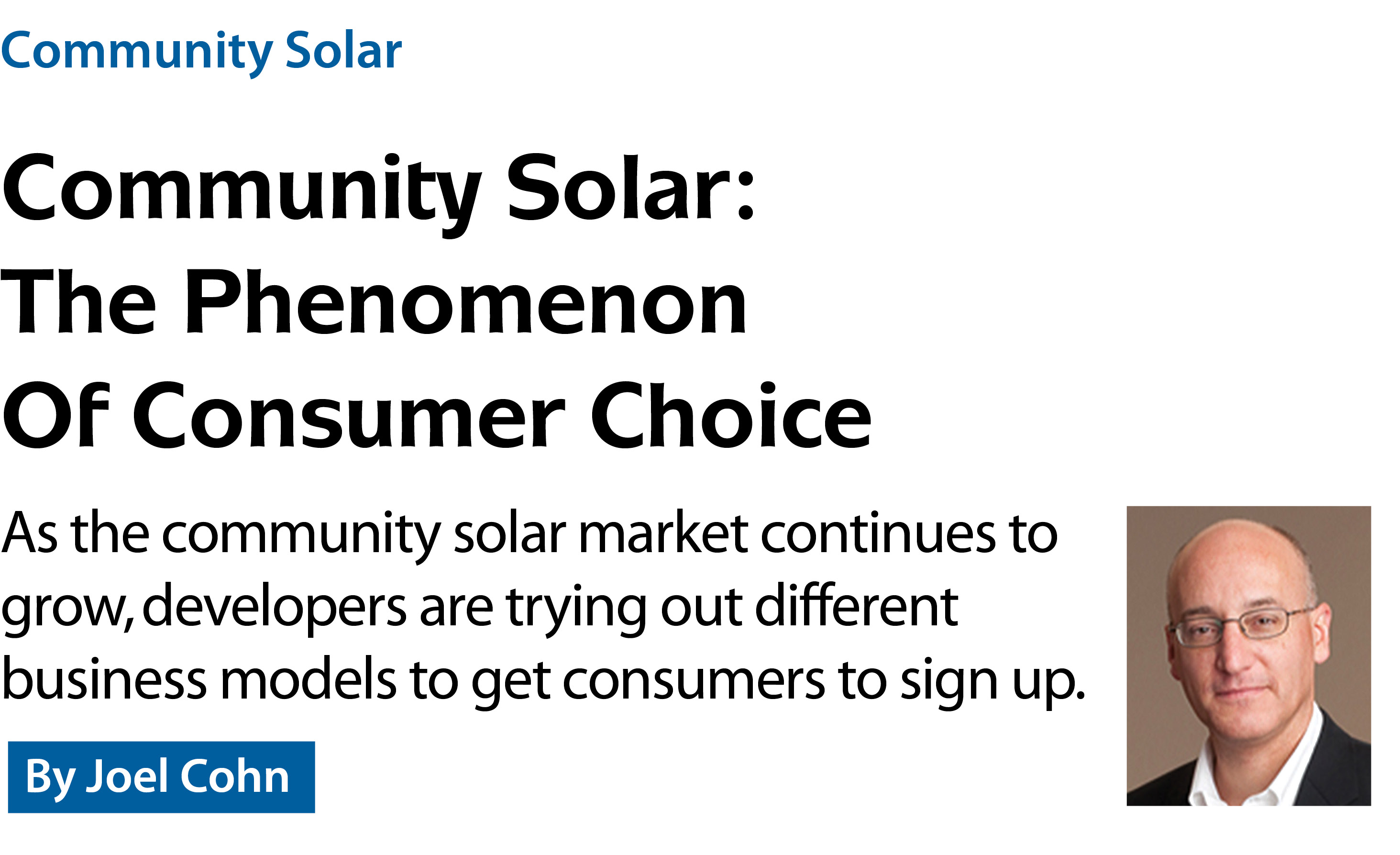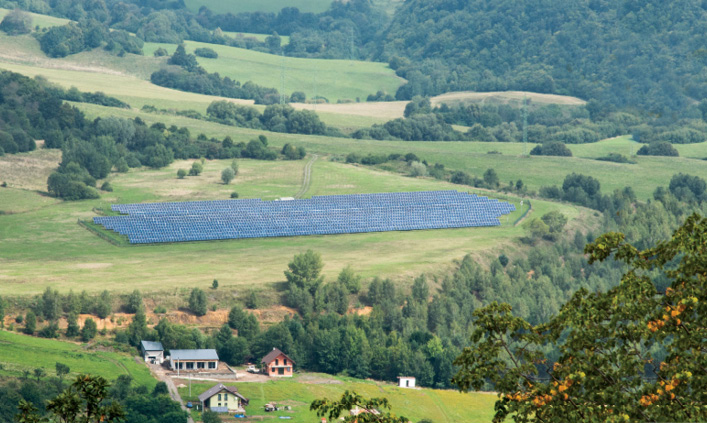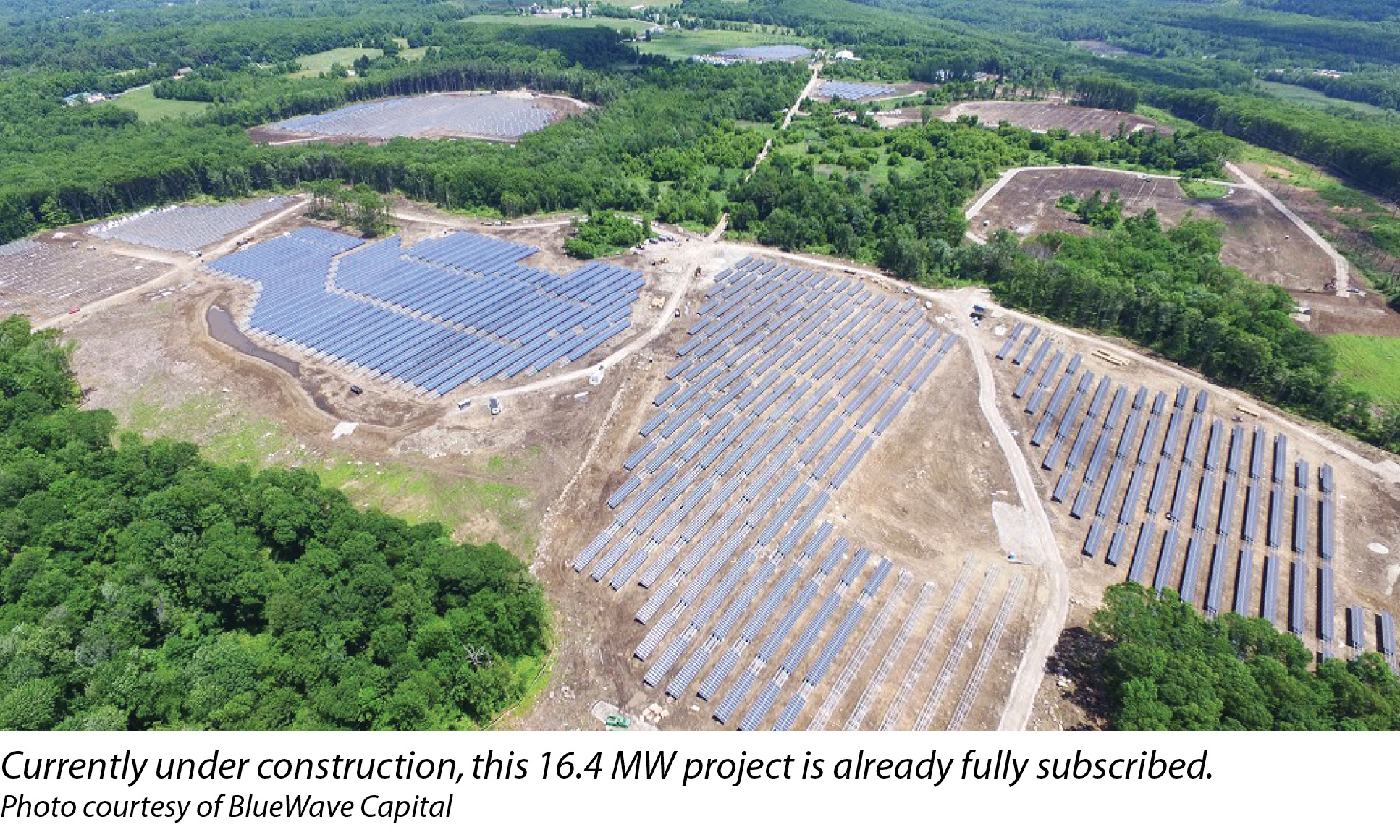

301 Moved Permanently
A recently developed discipline within the field of psychology analyzes consumer choice. In fact, over the past 10 to 15 years, a number of books have been written analyzing this subject. Several of them have focused on the optimal number of choices that should be presented to consumers. The challenge, generally, is that there is an optimal number of choices for every situation and that the number depends on context.
This challenge is certainly relevant when it comes to consumers choosing energy.
When asked, consumers generally express a sentiment for more choices rather than fewer. However, in many circumstances, having a lot of choices isn’t always a good thing. Offer too many options and the consumer may experience what is sometimes called “analysis paralysis.” In fact, there are studies that prove consumers are less likely to make any purchase when offered too many options. Of course, consumers might not be too concerned or overwhelmed when walking down the cereal aisle of a grocery store - proving that context really matters. However, having to choose among a number of complicated community solar subscriptions may result in confusion for consumers and, ultimately, lost sales for developers.
Even first adopters of community solar are likely to need guidance. Consumers are not likely familiar with the economics of electricity, nor do they have the time or interest to try to understand the legislation behind a virtual net-metering credit, panel efficiencies, or even the difference between a kilowatt and a megawatt. Therefore, trying to sell consumers on the novel concept of community solar is not without its challenges. However, these challenges can be overcome, and a number of community solar developers are already tackling them, in part, by helping customers make decisions quickly.
One notion being put forth is for community solar developers to participate in an Internet platform that is very similar to online travel choice aggregators, such as Kayak or Expedia. Consumers could plug in a couple of data points, which the platform would filter down to a few options and even assist them in comparing the options presented. This method could be used either by a single community solar company to guide the decision process or by several competitors joining together to fund the platform costs. In this way, the acquisition costs for consumers are shared, but no one solar company will necessarily win a majority of the consumers.
Other companies are pursuing a more direct approach. For example, Ethical Electric, a direct-to-consumer platform for renewable energy, simply presents two options to its community solar customers. The first option is a monthly subscription that provides the consumer with 100% renewable energy and is labeled as a premium product. The consumer may pay more than the retail rate for electricity but has flexibility in the length of the contract. Alternatively, Ethical offers its customers a longer-term, 20-year commitment that provides a 10% savings on their electricity purchases.
Sandy Roskes, senior vice president of new ventures at Ethical, indicates that a number of consumer offerings could stretch across a wide spectrum, from very short to longer-term commitments. His view is that over time, his company may offer consumers more choices along that spectrum as consumers develop an awareness and understanding of the product offering.

Although the initial offering is presented as two options, Roskes says that Ethical Electric may soon evolve its subscription options to allow the consumer to work through the equivalent of a decision tree. In other words, after choosing between Option 1 and Option 2, a customer could subsequently be presented with a choice between options 2A and 2B. In this way, Ethical will be guiding the consumer through the decision process but not presenting too many options at one time. This strategy also avoids the challenge presented in the psychological theory that consumers can only hold a limited number of options in their memories.
BlueWave Capital, a Boston-based renewable energy developer, has gone a step further and only given customers one choice: whether or not to sign up. BlueWave has one subscription option, which provides for a guaranteed 10% savings to the extent of the electricity usage that customers subscribe. A contract with BlueWave is for a 20-year period, but the consumer can cancel at any time (though cancellation fees may apply).
One of the biggest concerns that consumers have is the amount of any upfront payment that may be required to enter into a community solar subscription contract. A 2016 report by The Pacific Consulting Group and the Smart Electric Power Alliance reflects the results of its survey of 884 respondents nationwide.
Respondents were asked to rank the relative importance of seven program attributes. Whether an initial investment is required - and the size of that initial investment - ranked as the highest criterion of relative importance in the respondents’ evaluation of alternative community solar program designs. The portion of their current electricity bill covered by the community solar subscription came in a distant second in their ranking of these program attributes.
One of the things Ethical takes into consideration in formulating its offerings is matching the length of its customer commitments against the length of its obligations. In other words, the solar industry is a long-term play, with the ownership of long-lived assets and long-term commitments, such as land leases and financing. But those long-term financial obligations don’t match up well with what amounts to short-term power purchase agreements, creating a new element of risk. In addition, a community solar project is subject to local law and administrative rules, including those covering net metering. And as we know, net-metering programs can change over time - and not always for the better. As such, Ethical is careful about the locations of its projects in order to manage these risks.
Another consideration in a customer’s decision process is the channel through which the customer contact occurs. This channel can assist the decision process or make it more complicated. Options range from an entirely Internet-based subscription approach to the use of a live salesperson. BlueWave has an approach through which consumers can sign up entirely online in less than two minutes. In contrast, Ethical will have the customer start the process online but later pivot the sales process to live interaction to finalize the subscription. Roskes says that he envisions a time when consumers are more familiar with community solar so that Ethical’s entire sales process can occur online.
Before customers get online, these companies need to drive customers to their site. BlueWave’s primary approach has been to partner with electricity retailers and residential installers. The idea behind partnering with residential installers was that they are already interacting with consumers and are often seeing circumstances where the consumer is interested in solar but his or her rooftop is not suitable for an installation, maybe because of shading.

Craig Wetmore, principal at BlueWave, says that community solar serves as another tool in the toolbox for these salespeople. Some of these residential installers took this strategy to heart and, as Wetmore says, “They are really crushing it.”
BlueWave’s program requires a minimum FICO score, but this has not presented any challenges in gaining subscriptions. In fact, Wetmore indicates that, as of this writing, BlueWave is far ahead of its projected sales volume.
We are seeing a greater acceptance among financiers when consumers are required to have a minimum FICO score. Although there are numerous initiatives to include low- to moderate-income families and community solar programs, the nascent stage of this industry segment makes financial institutions more cautious. They perceive that their risk of either consumer nonpayment or high customer churn - which puts pressure on waiting lists and signing up replacement customers - is mitigated through this minimum FICO score approach.
Community solar business models are in their earliest stages. As they evolve, one test they will face is the consumers’ appetite for choosing the source of a service they never really thought about before. Managing the number of customer options and making the process easy to navigate will accelerate subscriptions, contributing to the ultimate success of the community solar segment.
Community Solar
Community Solar: The Phenomenon Of Consumer Choice
By Joel Cohn
As the community solar market continues to grow, developers are trying out different business models to get consumers to sign up.
si body si body i si body bi si body b
si depbio
- si bullets
si sh
si subhead
pullquote
si first graph
si sh no rule
si last graph